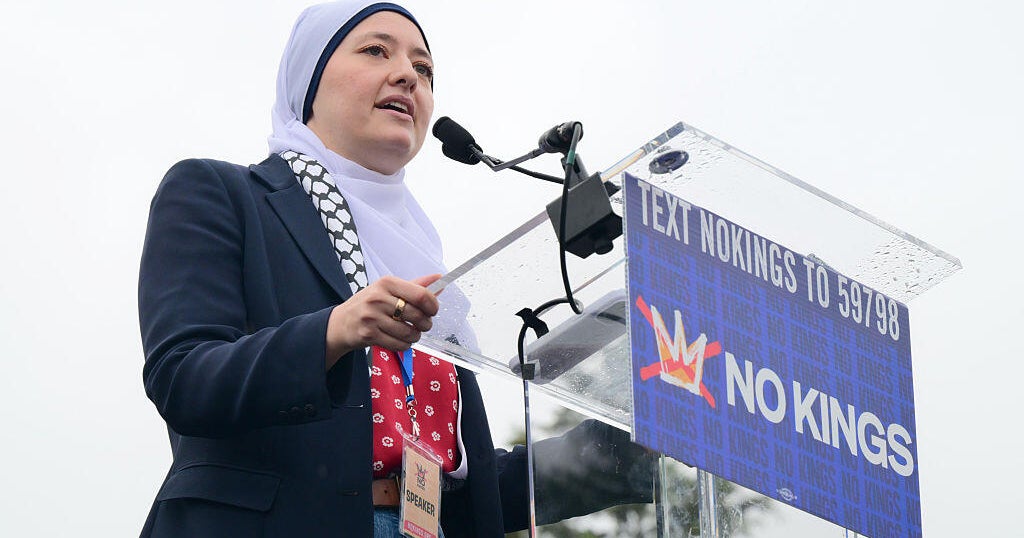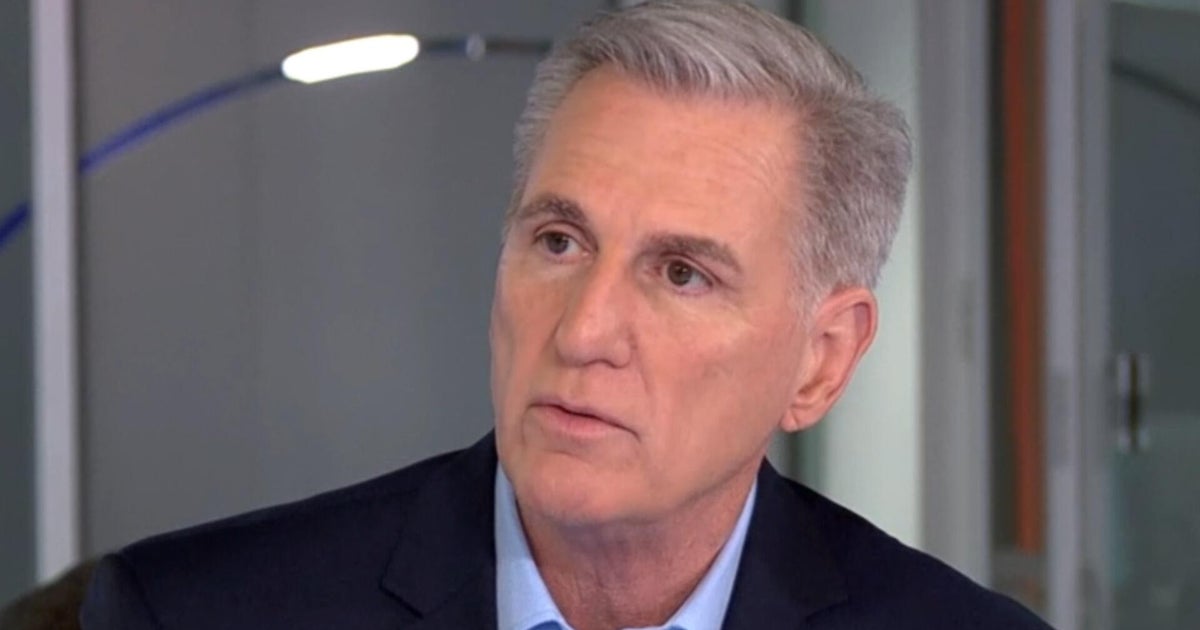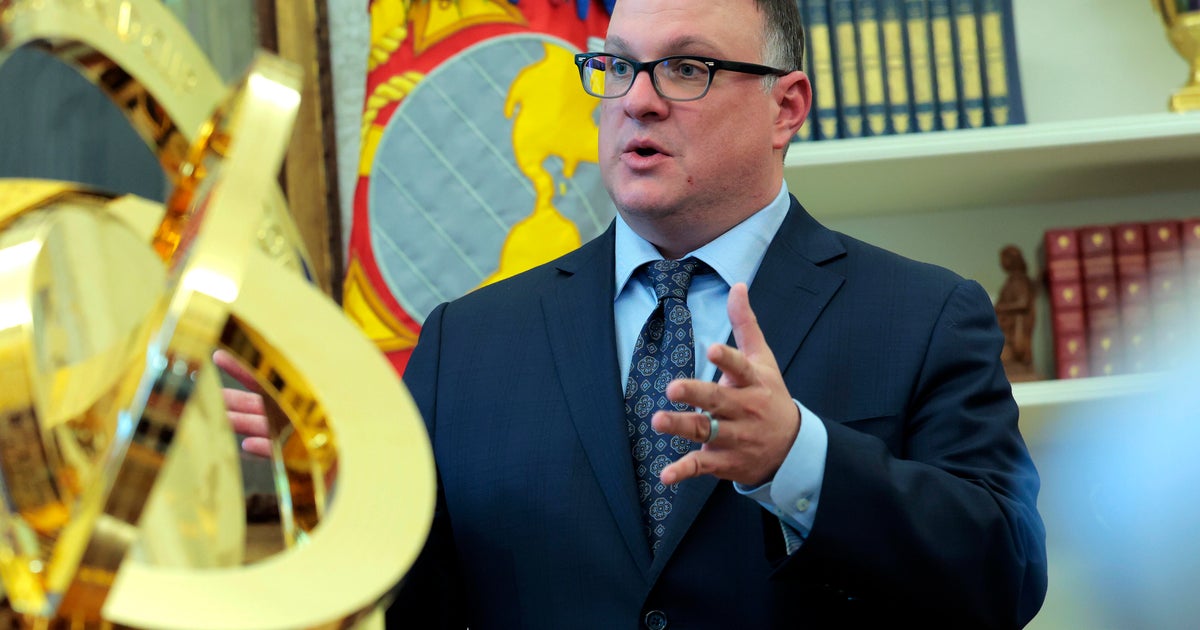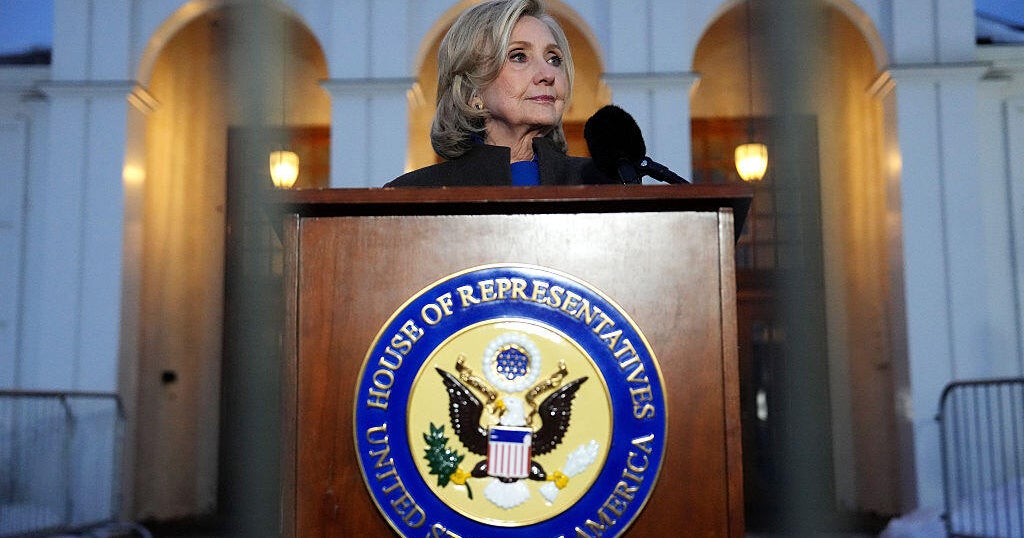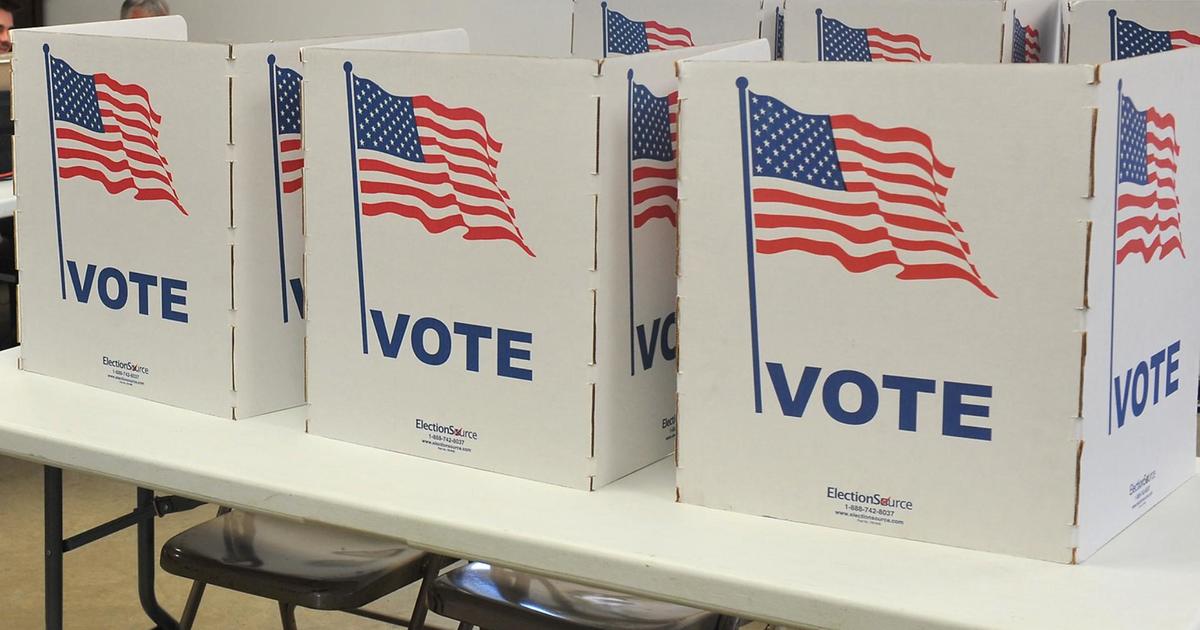House Democratic leaders to discuss impact of reported Jan. 6 video release to Fox News' Tucker Carlson
House Democratic leaders are planning an internal meeting Wednesday afternoon to discuss the impact of the reported release to Fox News of tens of thousands hours of the security and police video from the Jan. 6, 2021, assault on the Capitol.
In a memo to colleagues, House Democratic Leader Rep. Hakeem Jeffries, Democrat of New York, said, "The apparent transfer of video footage represents an egregious security breach that endangers the hardworking women and men of the United States Capitol Police, who valiantly defended our democracy with their lives at risk on that fateful day."
According to a report by the news site Axios, House Speaker Kevin McCarthy has given Fox News' Tucker Carlson exclusive access to a cache of 41,000 hours of Capitol and police surveillance video. The report said, "Carlson TV producers were on Capitol Hill last week to begin digging through the trove, which includes multiple camera angles from all over Capitol grounds. Excerpts will begin airing in the coming weeks."
Though a spokesman for McCarthy did not respond to multiple CBS News requests for information or comment, several Democrats have issued blistering statements criticizing any transfer of surveillance video to Fox News.
Rep. Pete Aguilar, a California Democrat who previously served on the House Jan. 6 committee, told CBS News, "It's not at all surprising that Kevin McCarthy would jeopardize the security of the Capitol and the people that work there to further a political agenda. This is another payoff in the many backroom deals he cut to secure enough MAGA Republican votes to become speaker."
Hannah Muldavin, senior spokesperson for Congressional Integrity Project, said in a statement, "Allowing Fox to have this footage poses both serious security risks to lawmakers and clearly exposes Republicans as being more interested in pulling partisan stunts than conducting legitimate investigations."
Muldavin, who was also a spokesperson for the Jan. 6 committee, also said, "We know some of the Republicans that are conducting investigations on the Hill were intimately involved in the Jan. 6 insurrection plot, so it's not surprising they would rather play political games than solve real problems for the American people."
House Democrats are planning an internal caucus meeting Wednesday, when they will be briefed by Rep. Bennie Thompson, former chairman of the Jan. 6 committee, about the possible impact of a release of surveillance video.
In a statement, Thompson said, "When the Select Committee obtained access to U.S. Capitol Police video footage, it was treated with great sensitivity given concerns about the security of lawmakers, staff, and the Capitol complex. Access was limited to members and a small handful of investigators and senior staff, and the public use of any footage was coordinated in advance with Capitol Police. It's hard to overstate the potential security risks if this material were to be used irresponsibly."
U.S. Capitol Police issued a statement Tuesday stating that the USCP did not have a choice in turning over the material. "When Congressional Leadership or Congressional Oversight Committees ask for things like this, we must give it to them," the statement said.
The Justice Department has released large tranches of Jan. 6 police body camera and surveillance videos to the news media, after legal challenges by news organizations, including CBS News. The footage is released after it has been been viewed in court or trial exhibits in the prosecutions of many of the nearly 1,000 criminal defendants.
Some of the footage shows confrontations and physical assaults by rioters against Capitol Police and D.C. Metropolitan Police.
In a court filing in 2021, the Justice Department argued it was beneficial to restrict some of the video releases. The filing, in the criminal case of Jan. 6 defendant Eric Torrens, warned that the videos could compromise safety.
"When it comes to public release, the government has undertaken a case-by-case analysis of which pieces of footage are necessary to litigate issues and controversies in each individual case, while balancing its interest in the safety of the Capitol and those who work there," the Justice Department argued.

